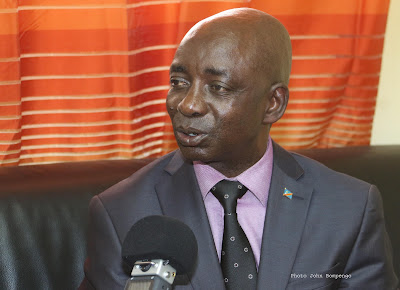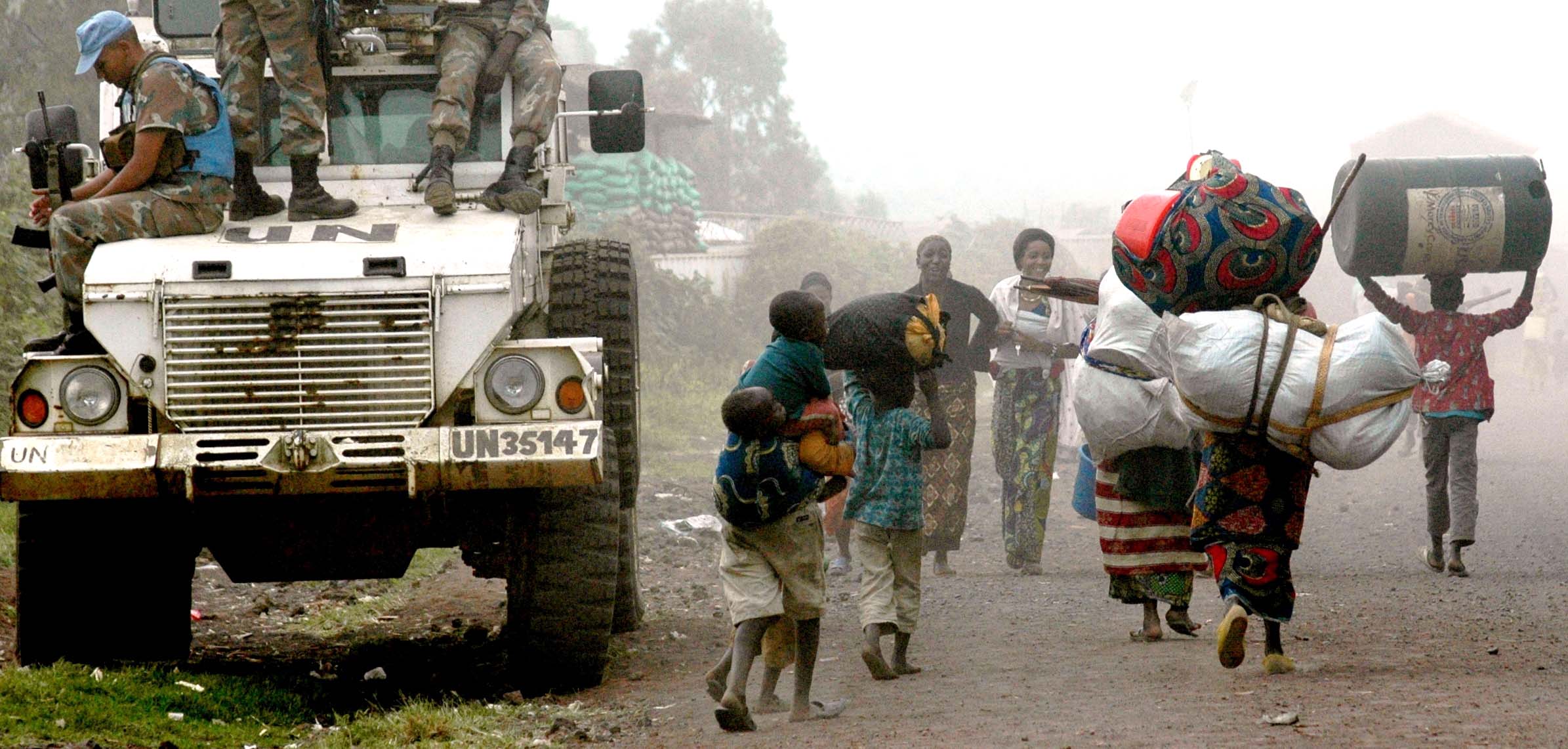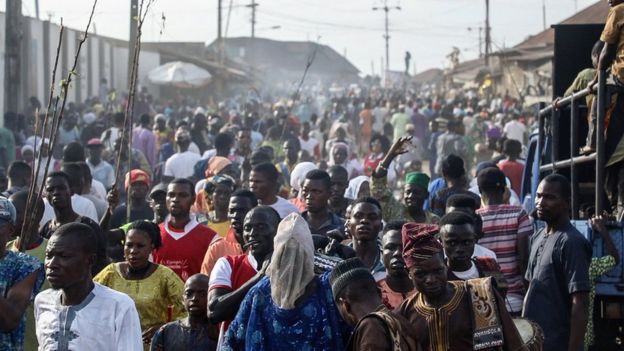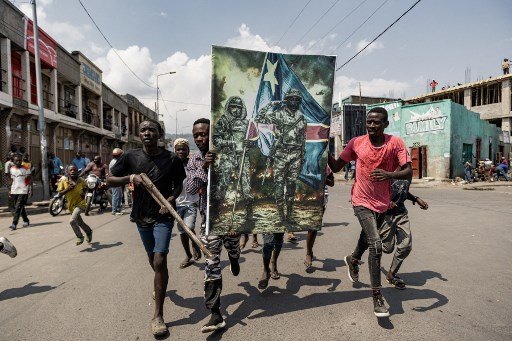Regional
Government officials inciting hate speech in DRC should be held accountable

Hate
speech has long been recognized as a perilous weapon capable of inciting
violence and fueling conflicts. Throughout history, genocide and war crimes
have been driven or accelerated by hate speech, causing immeasurable suffering
and devastation.
The Democratic
Republic of the Congo (DRC) is currently grappling with a concerning surge in
hate speech, particularly targeting the Tutsi community.
This
alarming situation demands immediate attention from the international community
to prevent further escalation and safeguard human lives.
The
situation in the DRC is exacerbated by the involvement of prominent politicians
closely associated with DRC President Felix Tshisekedi. Their use of
inflammatory language and rhetoric further stokes tensions, polarizing
communities, and exacerbating existing divisions.
The
influence and reach of these politicians make their hate speech particularly
concerning. It has the potential to mobilize large segments of the population.
The
recent declaration by Justin Bitakwira, former minister of transport where he
compared the Tutsi to evil, is deeply troubling and requires urgent action from
the international community.
During
an interview with Bosolo Politik TV, on July 7, Bitakwira said: "A Tutsi
is a born criminal. They are all the same. When you see a Tutsi, you see a
criminal. When they are in a position of weakness, they can sleep under your
bed for six months. And when they gain power, they will deny ever knowing you,
even though they slept under your bed for six months.
“I
always wonder if their creator isn't the one who created the devil. I have
never seen such a wicked race."
Bitakwira's
words are not those of an ordinary person but a former minister who is a
personal friend to President Tshisekedi, as he has proudly declared himself.
His influence and close association with the President make his hate speech all
the more dangerous.
Beyond
targeting the Tutsi community, Bitakwira also made disturbing remarks about
regional leaders, including describing them also as Tutsi. This aligns with
Tshisekedi's efforts to downplay the role of EAC regional forces deployed in
eastern DRC.
"Did
you know that Museveni was born in Rwanda, in Butare? He is a Tutsi from
Rwanda, but the President of Uganda! Have you looked closely at [William]
Ruto's features? Have you really looked? Look carefully! I know all the tribes
of Kenya – I know! And when you hear about the Hima empire, that's it! He may
be called Ruto, he may be called Museveni, he may be called Kagame, it's all
the same between them!” he said.
The
genocide ideology expressed by Bitakwira knows no limits.
Such
words from Bitakwira are extremely lethal and reminiscent of the hate speech
witnessed in Rwanda on the eve of the 1994 Genocide against Tutsi. What is more
concerning is that these hateful remarks are being spoken in a politically
unstable country.
Despite
pressure from the European Union, the government of DRC initially tolerated
hate speech, highlighting the urgent need for accountability.
Hate
speech serves as a catalyst for violence, acting as a dangerous accelerant in
conflict-ridden regions. It preys on deep-rooted animosities, fostering
hostility and mistrust between communities.
The
international community must not remain indifferent to the escalating hate
speech in the DRC. Timely intervention is crucial to prevent the situation from
spiraling into a full-blown humanitarian catastrophe. Diplomatic efforts and
targeted sanctions should be considered to hold accountable the people propagating
hate speech and inciting violence.
The
spread of hate speech targeting the Tutsi community, fueled by influential
politicians, calls for immediate action to prevent further escalation. Holding
individuals like Bitakwira accountable is essential in the fight against hate
speech and its consequences







.jpg-20220702121139000000.jpg)

